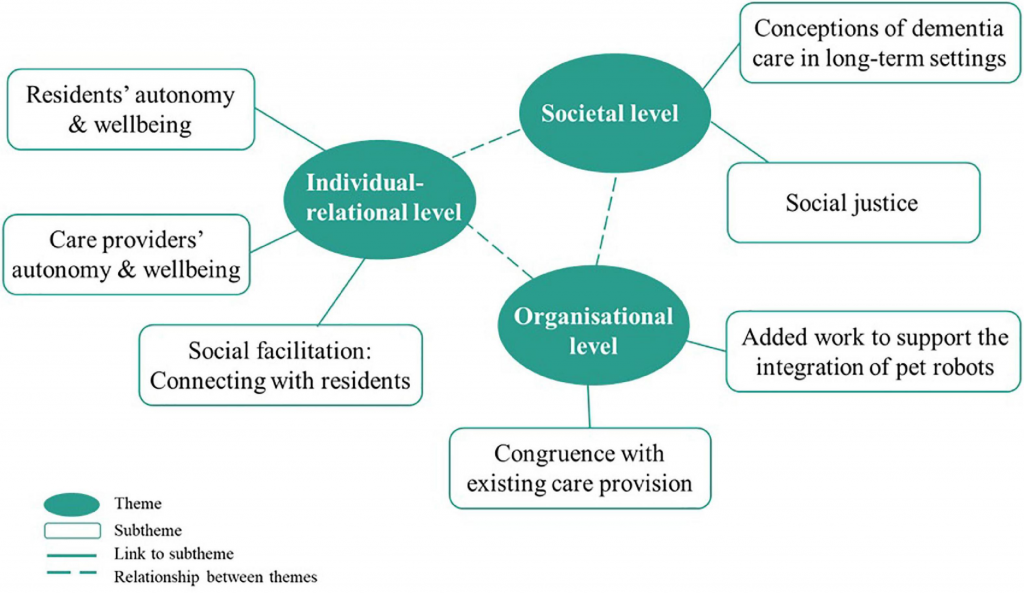
Are robots taking over the world? It may seem like a far-fetched concept, but with the rapid advancement of robotics technology, it’s not impossible. As robots become more advanced and integrated into our daily lives, we must consider the ethical implications of their use. In this article, we’ll explore the ethical considerations surrounding robotics and the impact they have on society.
Understanding Robotics
Before we dive into the ethics, let’s understand what robotics is. Robotics is the field of engineering and science that deals with the design, construction, and operation of robots. A robot is a machine that can perform tasks autonomously or with minimal human supervision. Robots can be programmed to perform a variety of tasks, from manufacturing to healthcare.
Ethical Considerations
As robots become more integrated into our society, there are several ethical considerations we must address. Here are some of the most pressing ethical issues surrounding robotics:
Job Displacement
One of the biggest ethical considerations surrounding robotics is job displacement. As robots become more advanced, they are capable of performing tasks that were previously done by humans. This could lead to job losses and unemployment, particularly in industries that rely heavily on human labor.
Privacy
As robots become more integrated into our daily lives, there are concerns about privacy. Robots can collect data and information about individuals, which could be used for nefarious purposes. It’s important to ensure that robots are designed with privacy in mind and that individuals have control over their personal information.
Safety
Robots can be incredibly powerful, and if not designed properly, they can pose a safety risk to humans. It’s important to ensure that robots are designed with safety in mind and that they are not capable of causing harm to humans.
Autonomy
As robots become more advanced, there are concerns about their autonomy. If robots are capable of making decisions on their own, without human intervention, there are concerns about who is responsible for their actions. It’s important to establish guidelines for autonomous robots and ensure that they are programmed with ethical considerations in mind.
The Impact of Robotics on Society
The impact of robotics on society is significant. Here are some of the ways that robotics is changing society:
Healthcare
Robotics is transforming healthcare, from surgical robots that can perform minimally invasive surgeries to robots that can assist with patient care. Robots have the potential to improve patient outcomes and reduce healthcare costs.
Manufacturing
Robots are already widely used in manufacturing, and their use is only going to increase. Robots are capable of performing tasks with speed and precision, which can improve efficiency and reduce costs.
Agriculture
Robots are also being used in agriculture to perform tasks such as planting and harvesting crops. This can improve efficiency and reduce labor costs.
Environmental Impact
Robots can also have a positive impact on the environment. For example, robots can be used to clean up pollution or monitor wildlife populations.
Conclusion
As robots become more advanced and integrated into our daily lives, we must consider the ethical implications of their use. There are several ethical considerations surrounding robotics, including job displacement, privacy, safety, and autonomy. It’s important to ensure that robots are designed with ethical considerations in mind and that guidelines are established for their use. The impact of robotics on society is significant, and it’s important to ensure that we are using this technology in a responsible and ethical way.

👤 About the Author
Ashwani is passionate about DevOps, DevSecOps, SRE, MLOps, and AiOps, with a strong drive to simplify and scale modern IT operations. Through continuous learning and sharing, Ashwani helps organizations and engineers adopt best practices for automation, security, reliability, and AI-driven operations.
🌐 Connect & Follow:
- Website: WizBrand.com
- Facebook: facebook.com/DevOpsSchool
- X (Twitter): x.com/DevOpsSchools
- LinkedIn: linkedin.com/company/devopsschool
- YouTube: youtube.com/@TheDevOpsSchool
- Instagram: instagram.com/devopsschool
- Quora: devopsschool.quora.com
- Email– contact@devopsschool.com

